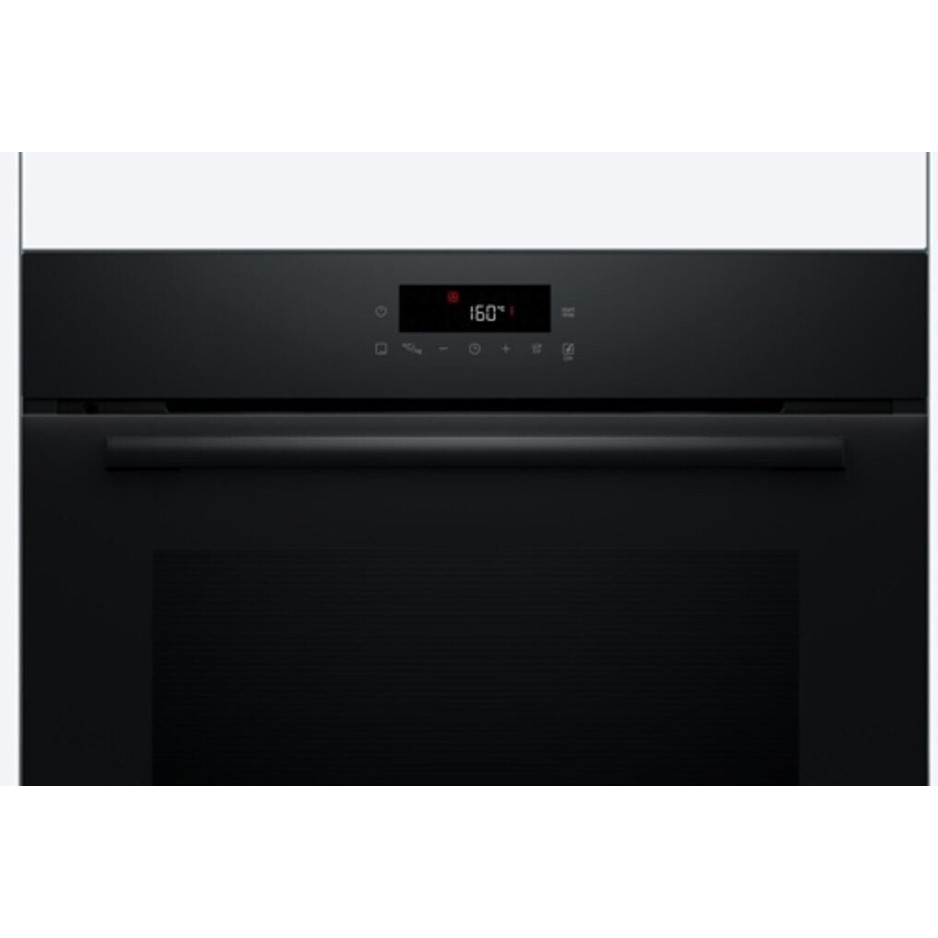Everything You Need to Know About Built-In Ovens
When modernizing a kitchen area, one of the most substantial choices homeowners deal with is whether to buy a built-in oven. Built-in ovens effortlessly incorporate into kitchen area cabinetry, providing both aesthetic appeal and functional benefits. For those considering an upgrade or setup of a brand-new oven, this comprehensive guide will offer crucial insights, contrasts, and services.
What is a Built-in Oven?
A built-in oven is created to be set up within kitchen cabinets instead of standing alone like a standard oven. This arrangement uses a sleek, streamlined look while saving area in compact kitchen areas.
Benefits of Built-in Ovens
- Space-Saving Design: Built-in ovens are developed to fit snugly into existing kitchen cabinetry, maximizing counter tops and flooring space.
- Visual Appeal: They can be tailored to match the kitchen area decoration and cabinets, providing an elegant look.
- Versatility: Available in numerous styles, sizes, and surfaces, built-in ovens can easily mix into any kitchen area design.
- Boosted Cooking Capabilities: Many built-in ovens included sophisticated functions like self-cleaning choices, convection settings, and clever oven technology.
Kinds Of Built-in Ovens
The marketplace provides numerous kinds of built-in ovens, catering to diverse cooking requirements. Here's a breakdown of the primary types:
| Type | Description | Appropriate For |
|---|---|---|
| Single Built-in Oven | A standard design that accommodates one oven. | Basic home cooking requires |
| Double Built-in Oven | Two ovens stacked for versatile cooking options. | Big families or cooking lovers |
| Wall Oven | Set up in walls, offering convenient access. | Space-constrained locations |
| Convection Oven | Uses a fan and exhaust system for even cooking. | Baking enthusiasts |
| Steam Oven | Uses steam to cook food, protecting wetness and nutrients. | Health-conscious cooks |
Key Features to Consider
When choosing the ideal built-in oven, there are several functions to examine:
- Size: The measurements play an essential role in ensuring the oven fits your kitchen layout. Requirement sizes vary from 24 to 30 inches wide.
- Oven Capacity: Larger capacities are ideal for families or those who regularly amuse.
- Heating Elements: Look for ovens with multiple heating elements for even heat circulation.
- Self-Cleaning Options: Many modern ovens include self-cleaning capabilities, saving you effort and time.
- Smart Technology: Wi-Fi-enabled ovens permit you to monitor cooking progress and tailor settings from your smart device.
Price Range of Built-in Ovens
Buying a built-in oven varies based upon features and brand names. Here's a price range for typical built-in oven types:
| Oven Type | Price Range |
|---|---|
| Single Built-in Oven | ₤ 800 - ₤ 2,500 |
| Double Built-in Oven | ₤ 1,500 - ₤ 3,500 |
| Wall Oven | ₤ 1,000 - ₤ 4,000 |
| Stove | ₤ 1,000 - ₤ 3,000 |
| Steam Oven | ₤ 1,200 - ₤ 3,500 |
| Smart Oven | ₤ 1,500 - ₤ 5,000 |
The rates above vary and can fluctuate based upon brand credibility, merchant promos, and additional features.
Installation Considerations
Setting up a built-in oven requires careful factor to consider:
- Location: Strategically choose a location that maximizes space and convenience for meal preparation.
- Electrical Requirements: Many built-in ovens need particular outlet capabilities. Guarantee your kitchen can fulfill these requirements.
- Ventilation: Proper ventilation is important, particularly for wall ovens or convection models.
- Professional Installation: It is always a good idea to employ licensed specialists for setup to avoid safety risks.
Upkeep and Care
To prolong the life of a built-in oven, follow these care tips:
- Regular Cleaning: Utilize self-cleaning features and eliminate spills quickly.
- Check Seals: Inspect oven door seals routinely, changing them if damaged.
- Regular Inspections: Schedule regular professional inspections to ensure all built-in systems are working efficiently.
FAQs About Built-in Ovens
1. Just how much space is needed for a built-in oven?
Usually, built-in ovens require cabinets space that is 28 to 30 inches wide for standard models; however, constantly determine your specific oven measurements before setup.
2. Can I set up a built-in oven myself?
While some house owners have the skills to perform the installation, employing licensed specialists is suggested to satisfy security and code requirements.
3. Are built-in ovens worth the financial investment?
Built-in ovens offer enhanced performance, looks, and space-saving solutions. For lots of, their long-term advantages outweigh the preliminary investment.
4. What's the distinction in between convection and routine ovens?
Convection ovens circulate air during cooking, resulting in much faster and more even cooking compared to traditional (regular) ovens, which may have hot spots.
5. How energy-efficient are built-in ovens?
Energy efficiency differs by model; look for ovens with a great energy rating and functions like wise technology that enhance power usage.
Built-in ovens represent a perfect mix of design and functionality, making them a worthwhile financial investment for modern kitchen areas. With many types, sizes, and features, they offer something for everybody, from a baking fanatic to a busy household. By understanding visit my home page , types, prices, and maintenance factors to consider, readers can make an informed decision in choosing the ideal built-in oven for their homes. Whether you're revamping your kitchen or upgrading appliances, a built-in oven can raise the culinary experience and enhance your kitchen's aesthetic.

